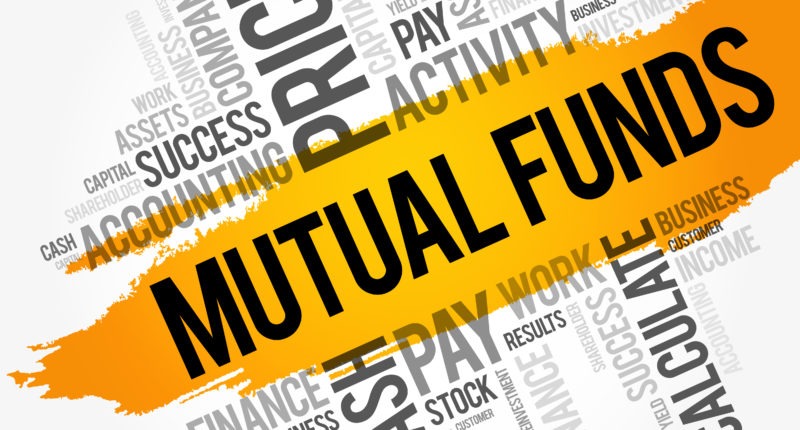Equity mutual funds are less risky when compared to investing directly in stock markets; it also offers a host of benefits. When you intend to invest in equity funds, you need to look at investing systematically over a long duration. You need to initiate equity investments to meet your long-term financial objectives, so you need to invest prudently in funds that will render stability to your portfolio. It would help if you kept a tab on a few pointers before investing in an equity fund.
1. Fund Size
The fund’s size is nothing but the overall Assets Under Management (AUM). There is no such thing that mentions the ideal size of a mutual fund. However, when it is too small or too large, there are chances that the fund’s performance can be affected. You could compare AUMs versus the category average.
2. Fund Performance
When you are planning to invest in an equity fund, make sure to check the fund’s performance for the last 4 to 5 years. Check on how the fund performed in comparison to its benchmark and other funds under the same sub-category. Look out for funds that have beaten the benchmark consistently over time.
3. Risk Reward Ratio
You need to ensure that the fund’s Risk Reward Ratio (RRR) aligns with your risk tolerance levels. The potential return you can earn on every rupee invested in the market is known as RRR. You can compare the returns you can anticipate from an equity fund investment and evaluate how much risk you will take to earn returns.
4. Expense Ratio
When you invest in mutual funds, you will need to bear the costs related to fund management in the form of an expense ratio. It would help if you compared the expense ratio with the category average before investing. An actively managed fund is prone to have a higher expense ratio versus a passively managed fund.
5. Tax Benefits
Equity Linked Savings Schemes (ELSS) are equity funds that provide tax benefits according to Section 80C of the Income Tax Act. You can get a tax exemption of Rs 1.5 lakh per financial year on your annual taxable income.
When investing in equity funds, you need to consider your risk capacity, investment horizon, liquidity needs, current assets, tax implications, liability evaluation, etc., before making an investment decision.
You can explore different kinds of equity funds depending on your investment objective. You need to check the tax rules applicable for the financial year concerning equity funds before investing. With the help of RRR, you will be able to find a fund that has a risk level that is within your risk tolerance levels.
For any clarifications/feedback on the topic, please contact the writer at bhavana.pn@cleartax.in
Bhavana is a Senior Content Writer handling the GST vertical. She is committed, professional, and has a flair for writing. When away from work, she enjoys watching movies and playing with her son. One thing she can’t resist is SHOPPING! Her favourite quote is: “Luck is what happens when preparation meets opportunity”.





